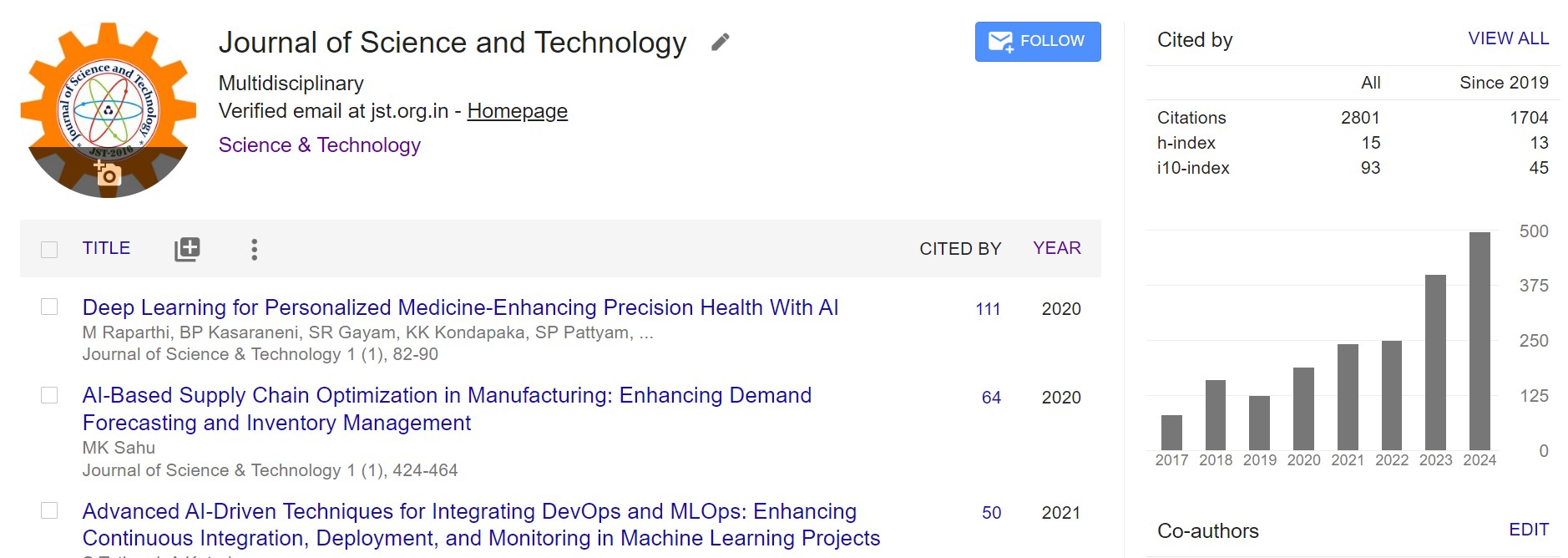Employee Satisfaction with Remuneration
DOI:
https://doi.org/10.46243/jst.2024.v9.i02.pp35-46Abstract
The pay that an employee gets in exchange for his or her service to the business is referred to as remuneration. The importance of pay in the life of an employee cannot be overstated. The compensation he or she gets determines his or her quality of life, social standing, motivation, loyalty, and productivity. Employee compensation is also important to the company since it influences production costs. Furthermore, numerous fights (in the form of strikes and lockouts) occur between the company and its workers over topics such as pay and bonuses. Employee compensation is also an essential element of human resource management. The HR professional has a tough job in determining appropriate salaries and compensation differentials for workers and supervisors. Because wages and salaries are such a hot topic, books and magazines dedicate a lot of space to in-depth studies of wage and compensation issues.One of a company's most significant investments is its compensation plan. Despite the fact that fair pay is a cornerstone of contractual and implicit agreements between workers and employers, the basic assumption is that money has a direct impact on behavior. Many workers and managers think that just raising compensation would encourage employees to perform harder and be more loyal. Employee performance is a significant problem for many companies, as they must recruit, inspire, and retain the appropriate talent pool in order to thrive (Cohenet al, 1992). In terms of establishing an atmosphere in which workers feel genuinely engaged, linked to the organization's goals and objectives, and happy with their employment, the need to recruit, motivate, develop, and retain people has never been more critical to any organization's success. Because workers must feel that their compensation is fair in proportion to the job they accomplish, the most important aspect of a payment plan is to guarantee that employees retain a high level of performance at work (Cohenet al, 1992). Furthermore, pay is one of the most important determinants of employee attitudes, motivation, and behavior (Wayne, 1992). The effect of compensation on employee behavior and attitudes, on the other hand, has centered on how pay is handled. The bulk of these research indicate that rewarding outstanding performance with large pay increases reinforces the behavior and makes it more likely to be repeated in the future, which is in line with reinforcement and expectation theories. The economy's overall health, the firm's financial ability to raise wages, union negotiations, and the desire to retain a key individual or group of employees, and the relative performance of a particular employee are all factors that influence a single pay rise. Furthermore, the information conveyed by a single pay shift, which may be affected by the aforementioned external variables, reveals more about an employee's worth to the company than the information offered by a pay level over time (Wayne, 1992). Compensation is also an important aspect of every company's human resources function. It's a dynamic profession that's also a labyrinth of complexities.


























